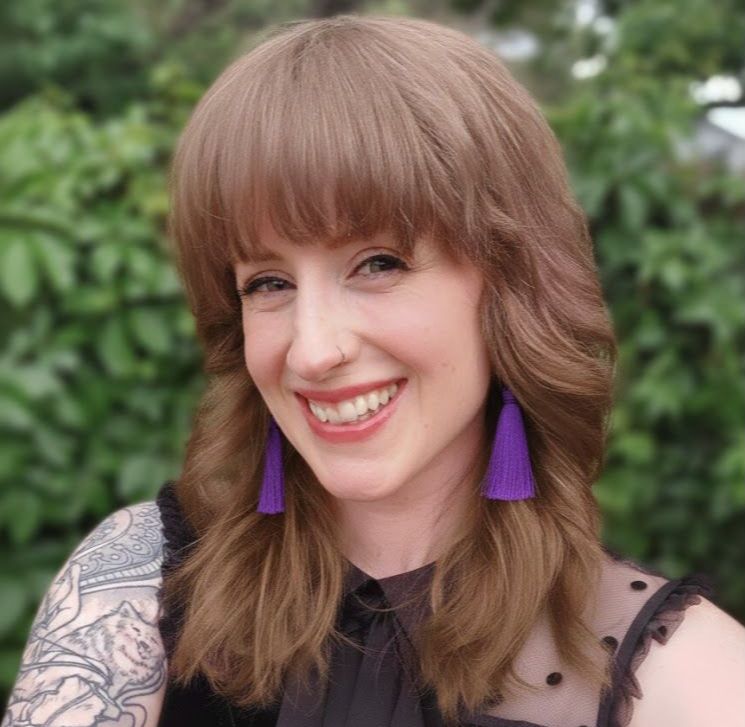What to Do When Someone Asks, “What’s Your Rate?”
Imagine a scenario, if you will. You’re at a networking event for entrepreneurs and freelancers, and you start talking with someone in a different industry. They ask you what you do, and here’s how the exchange often goes from there:
“I’m an editor.”
“How cool! What kinds of things do you edit?”
“Fiction and nonfiction books, mostly, but I also work for some large corporations, editing their white papers and promotional materials.”
“Oh, wow! I’m actually writing a book, and I’ve been looking for a good editor. What’s your rate?”
Cue immediate, knee-buckling panic.
This question strikes fear in many a talented freelancer’s heart, and with good reason: it gives the client a hard number, which they will then (they can’t help it) compare to a) what they make per hour and/or b) any hourly rate they’ve ever seen for freelance editing.
Even if the client thinks your hourly rate seems feasible, they still have no idea how long it will take to edit their book. They’ll probably try to estimate their own costs in their head, and they’ll likely be far off from the actual number.
Giving someone a number without connecting it to an individual project (ideally in the form of a project rate that focuses on the value you offer) invites commoditization because it focuses solely on the technical service you're providing (copyediting, for example) and the price.
Here are four ways not to respond to your networking friend:
- “What’s your budget?”
- “Well, I usually charge $60 an hour.”
- “My rate is $60 an hour, but the freelance editing market is all over the place in terms of how much people charge.”
- “How does $50 an hour sound?”
What do all these answers have in common? They start a conversation about rates that doesn’t connect the price to the unique value you bring.
Answers 1 and 4 also dilute your credibility and professionalism in a big way. Talking with a client about their budget is completely fine, but using that as a way to gauge what to charge them will almost always lead to being paid less than you’re worth. (It also attracts hagglers and people who will push your every limit.) Ideally, the budget conversation should only come up if they respond to your bid with a price objection. Then, you can negotiate fewer services, less time, etc. until you’re both happy.
Answers 2 and 3 invite potential clients to try and get you to lower your price, and answer 3 shows that you’re insecure about your rate, which definitely won’t inspire confidence in your client.
So, how should you answer this dreaded question? Simple: respond with friendly questions that will give you more insight into the project:
- “What is your book about?”
- "Who is your target audience?"
- “How many rewrites have you done so far?”
- “What's the word count?"
- “Do you want to be traditionally published, or are you going to self-publish?”
Most authors love to talk about their own work, so it shouldn’t be difficult to get the main project details from them. You should also be deciding whether this project is right for you, and whether you want to work with this potential client. (Hint: anyone who says, “I hate rewriting and revising. That’s what editors are for, right?” is trouble with a capital T.)
If you’re interested in working with this person, explain how you price your projects, and use time as your secret weapon. You are under no obligation to provide any kind of number on the spot.
Here’s a good response that doesn’t invite any needling:
“I charge a project rate for the books I edit, and I always need to see the manuscript before I can give an estimate. Editing is a bit like being a car mechanic: I need to take a look under the hood before I know how much work I’ll need to do. I’d be happy to look at your manuscript and give you a detailed estimate—here’s my card so you can get in touch with me.”
Bam! You’re all done. This response exudes professionalism and expertise, both of which demonstrate the unique value you bring to every project.
Are You Charging What You're Worth?
New to editorial freelancing and feeling like you need to learn all the things? Overwhelmed with projects but not making enough money? Forgoing breaks and vacation time to meet deadlines? My free, 9-lesson course gives you actionable ways to find your ideal freelance rates, say goodbye to the hustle, and build a profitable business that energizes you.



